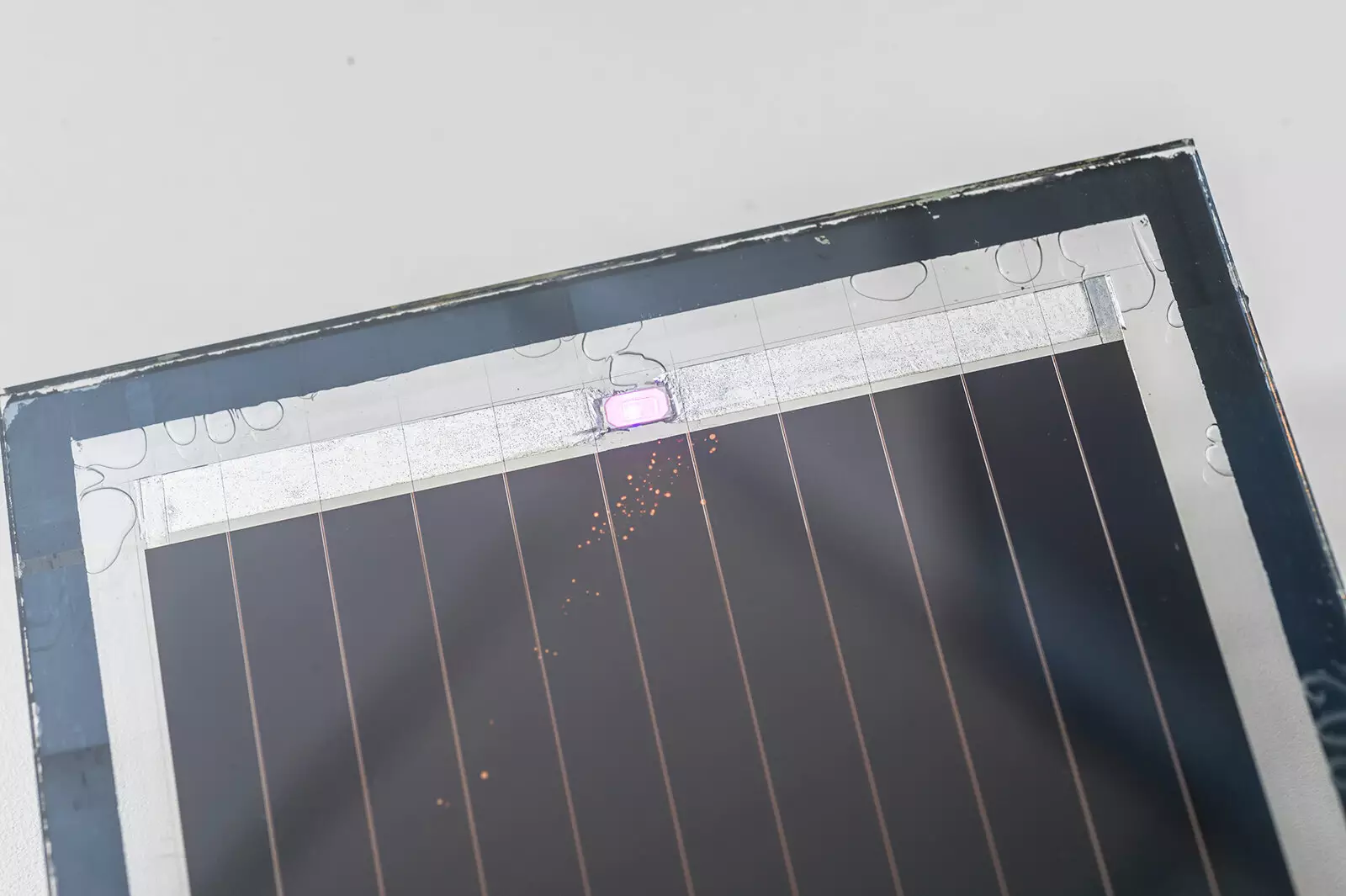City University of Hong Kong (CityUHK) has made significant strides in the development of perovskite solar cells, which have the potential to revolutionize the solar energy industry. These highly efficient, printable, and stable solar cells pave the way for achieving carbon neutrality and promoting sustainable development on a global scale.
One of the key advantages of the new type of perovskite solar cells developed by the research team at CityUHK is their ability to be mass-produced at a speed comparable to newspaper printing. With a daily output of up to 1,000 solar panels, these cells offer a scalable solution for increasing the adoption of solar energy technology. Additionally, their flexible and semi-transparent characteristics allow them to be integrated into various applications, such as light-absorbing glass windows, enabling the creation of “urban solar farms” in densely populated cities with high-rise buildings.
The research conducted by Professor Alex Jen Kwan-yue and his team at CityUHK has focused on enhancing the long-term stability of perovskite-organic tandem solar cells. By designing a series of organic redox mediators with appropriate chemical potentials, the team was able to address the operational stability challenges that have plagued wide-bandgap perovskites for over a decade. As a result, the integrated cells demonstrated impressive stability, retaining over 90% of their initial power conversion efficiency after 500 hours of continuous operation.
The research team at CityUHK reported a record-high efficiency of 25.22% (certified at 24.27%) for their perovskite solar cells. In addition to their efficiency, these cells also exhibited good operational stability in humid air conditions, making them suitable for a wide range of applications. Dr. Wu Shengfan, a key member of the research team, emphasized the importance of their innovative approach in ensuring the stability of perovskite solar cells, setting a new standard for the industry.
The research results from CityUHK are not only groundbreaking but also have practical implications. The team plans to collaborate with the start-up company HKTech Solar Limited to commercialize their technology and bring it to the market. Dr. Francis Lin, a postdoctoral student of Professor Jen, will lead the commercialization efforts, ensuring that the benefits of perovskite solar cells are realized in various industries and applications. With plans to set up a pilot production line with an annual output of 25 megawatts in Hong Kong, the team aims to launch products that will match the needs of investors and test applications in the field.
City University of Hong Kong’s breakthrough in perovskite solar cells represents a significant milestone in the advancement of solar technology. By pushing the boundaries of efficiency, stability, and scalability, the research team has laid the foundation for a sustainable energy future that is both environmentally friendly and economically viable.


Leave a Reply